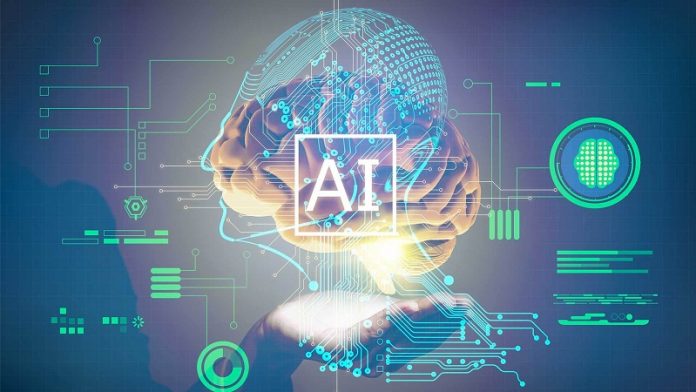Australia could once again have a globally competitive manufacturing sector by using automation driven by artificial intelligence (AI). That’s the view of University of Adelaide researchers who are aiming to play a major role in the development of AI which is poised to reshape the global economy, bringing challenges and opportunities.
AI has the potential to temper the impact of globalization which has seen industry leaving developed countries seeking lower-cost manufacturing options offshore.
As AI-driven automation lowers the cost of production, Australia could once again become competitive in manufacturing goods that are currently produced cheaply elsewhere because of low wages in other countries.
But we will need to encourage investment in new-generation automation to take advantage of this new trade opportunity and ensure we have the education, training, and research in place to capitalize.
AI is the latest manifestation of automation, a process that has been increasing since the Industrial Revolution and produced the internal combustion engine, computers, the internet, and smartphones. At each step, human labor has been replaced with machines.
Currently, artificial intelligence uses mathematical tools and huge amounts of computer power to learn how to become really good at a single task. This makes artificial intelligence very powerful for undertaking a defined task, but helpless at learning tasks on its own.
The research aims to develop the next generation of AI which will be able to learn how to learn. This will make machines much more useful and powerful at augmenting our own learned capabilities, offering productivity benefits and an increase in national wealth.
The Economic Issues paper details the way in which advanced economies have adapted to automation with the reskilling and education of workers, and investment in research and development, to create new competitive products and services based on automation.
It is estimated that to exploit the potential of AI, the Australian industry will need between 32,000 and 161,000 new specialist AI workers in machine learning, computer vision, natural language processing, and other AI technologies by 2030.
The authors of the Economic Issues paper propose that a National AI Strategy be established by a panel of experts with a goal “to build on our existing expertise and provide the impetus to successfully transition Australia to an AI-enabled, 21st-century economy.”
Australia urgently needs a formal, national strategy for Artificial Intelligence to ensure that we are net beneficiaries and not simply powerless recipients of this new and potentially disruptive technology.
However, while noting the big potential of AI, the Economic Issues paper authors also sound a cautionary note, saying that while increasing the uptake and effective use of AI in Australian business may be a laudable objective, getting there is likely to be an arduous task along a path peppered with challenges and risks.
The authors identify risks associated with the cost and training required to maximize the effectiveness of AI and potential ethical dilemmas associated with its use.
Knowing where and how to use AI is not always easy. Innovation in business is typically incremental and rarely transformative to the extent that more vociferous AI hype suggests. Because AI and the automation it entails come at a cost, businesses will need to find the optimal level of AI that integrates the new with the old, balancing the costs of acquisition and disruption with productivity, quality and flexibility needs, and expectations.
This leads us to a second caveat. AI, especially ‘affordable AI,” still has limited capabilities. AI relies on data utilization and exploitation. From a business perspective, this requires knowing what data the business has—and its potential value to improving products or processes. These are not givens.
At the very least, these AI tools were not trained appropriately. But training isn’t everything. AI requires an understanding of human biases. We may want to claim that AI is more efficient than a human as it can do jobs faster and with greater precision. But humans are still its trainers. AI tools are only as ‘fair’ and socially acceptable at our understanding of our own biases as we program the software. Progress is being made, but there’s still some way to go.

